What You Need to Know Before Hiring a Restaurant Consultant
With vaccination rates climbing and state and local restrictions easing, there is good reason for the foodservice industry to be optimistic heading into the back half of 2021. However, many independent and multi-unit operators are also quickly realizing that reopening following a global pandemic presents its own unique set of challenges. These challenges can easily overwhelm even the savviest and most well-organized operators. Under these circumstances, a consultant may be a good option to help navigate choppy reopening waters, when the restaurant may not be fully staffed or when demand may be temporarily soft.
As with any engagement with an outside company, there are some important considerations that restaurant operators should be careful not to overlook when deciding either to work with a consulting group or when selecting between potential vendors. Below we’ll highlight a few watch-out areas and explore ways that you can work with your consulting partner to generate the most value for your business.
Determine the Breadth of the Restaurant Consultant’s Service Offering
Restaurant consultant services run the gamut from narrow and highly specialized to more general. Some are more focused on technology and service solutions for front-of-house. Others focus on improving back-of-house efficiencies and developing solid procurement practices. When discussing your needs with consultants, be sure to understand what they believe to be their core competencies as well as the areas that fall outside of their expertise. How narrow or broad are their service offerings? If you’re not entirely sure about the scope of your needs, make sure the consultant you choose has sufficient breadth of capability and the flexibility to adapt. You may be surprised by some of the areas where there is significant value to uncover. Also be aware that some consultants offer services a la carte while others deliver one-size-fits all packages. What works best for you will depend on the degree to which you need a tailored approach.
Understand the Restaurant Consultant’s Compensation Model
Most restaurant consultants set a fee for the engagement based on scope and duration; however, what restaurant operators may not realize is that the engagement fee may not be their only source of income. For example, if the consultant works in the procurement realm, they may receive additional financial incentives for recommending certain suppliers. If the consultant keeps these incentives hidden, the consultant may artificially reduce their service fees. While supplier incentives are fairly commonplace and can help make consulting engagements affordable, operators should ask for complete transparency and demand that the consultant disclose all sources of revenue. Only when all sources of revenue are known can the operator make apples to apples comparisons between the quotes. Where appropriate, the operator should also ask for participation in any additional revenues the consultant receives for adopted recommendations.
Trust but Verify the Consultant’s Results
The restaurant consultant should be able to share real life examples of how they improved a customer’s operation; it is also prudent to request to speak directly with current and previous customers. Sometimes a consultant can demonstrate strong financial results but may leave out relevant and painful details about the implementation process. For example, a consultant may audit the customer’s purchases and uncover numerous overcharges; but were these overcharges verified with the distributor? If not, disputes and delays in recovery are likely to occur.
When it comes to a consultant’s activities, the “how” is just as important as the “what”. A restaurant’s success or failure ties to the strength of their relationships. This is true not only with patrons, but suppliers and distributors as well. Restaurant consultants should be zealous advocates for their clients but also need to be sensitive to the broader foodservice ecosystem. Speaking with a few former customers should give you a better understanding of how the consultant conducts business.
Over the next several months, many restaurant operators will be turning to consultants to help them manage the reopening process. These engagements will not be equally successful. Those operators who perform their due diligence and set clear expectations are most likely to experience positive outcomes. If you’d like to learn more about how foodservice consulting works or more specifically, how Foodbuy delivers value in this area, please feel free to contact us.



